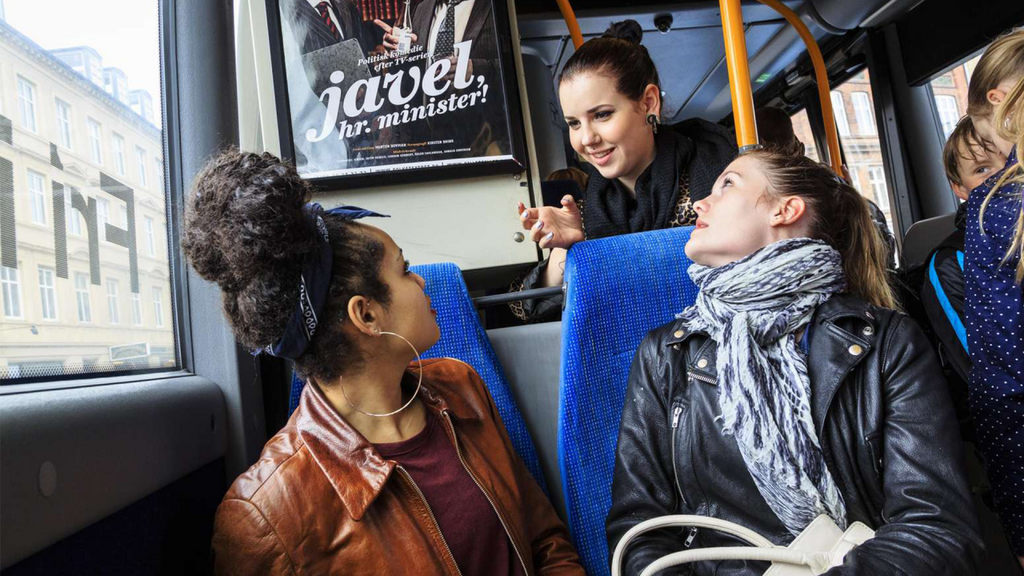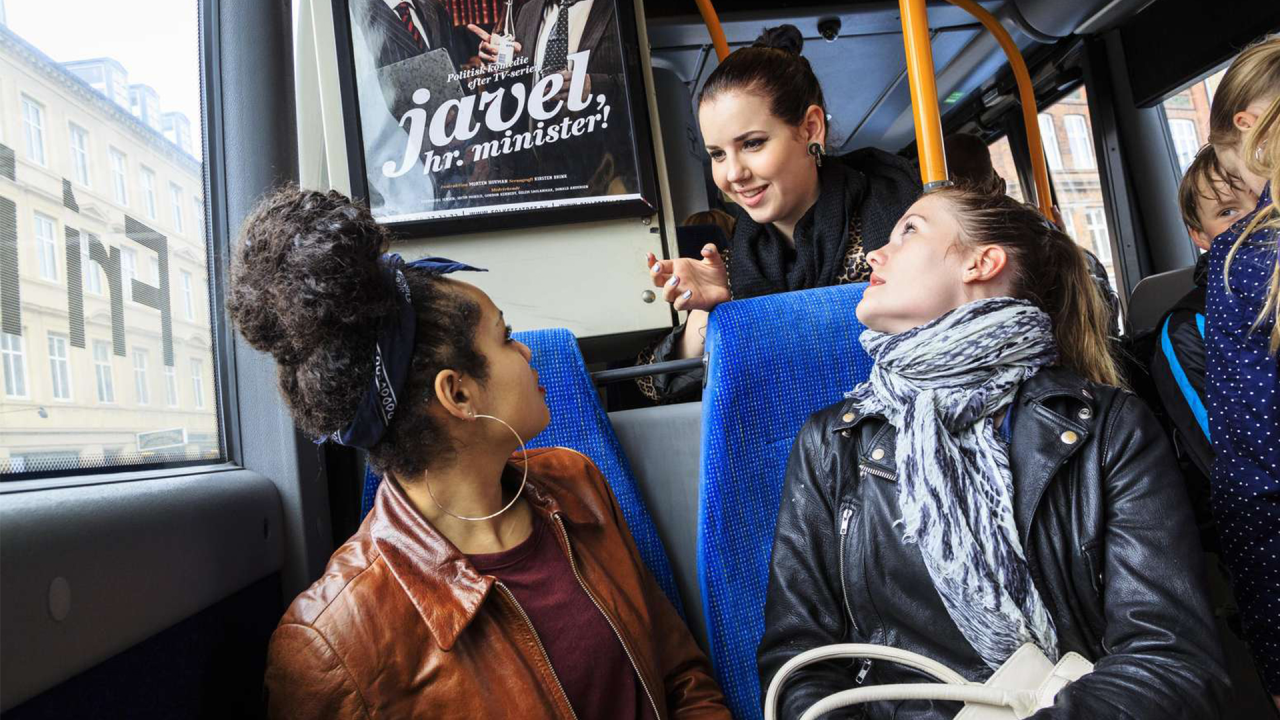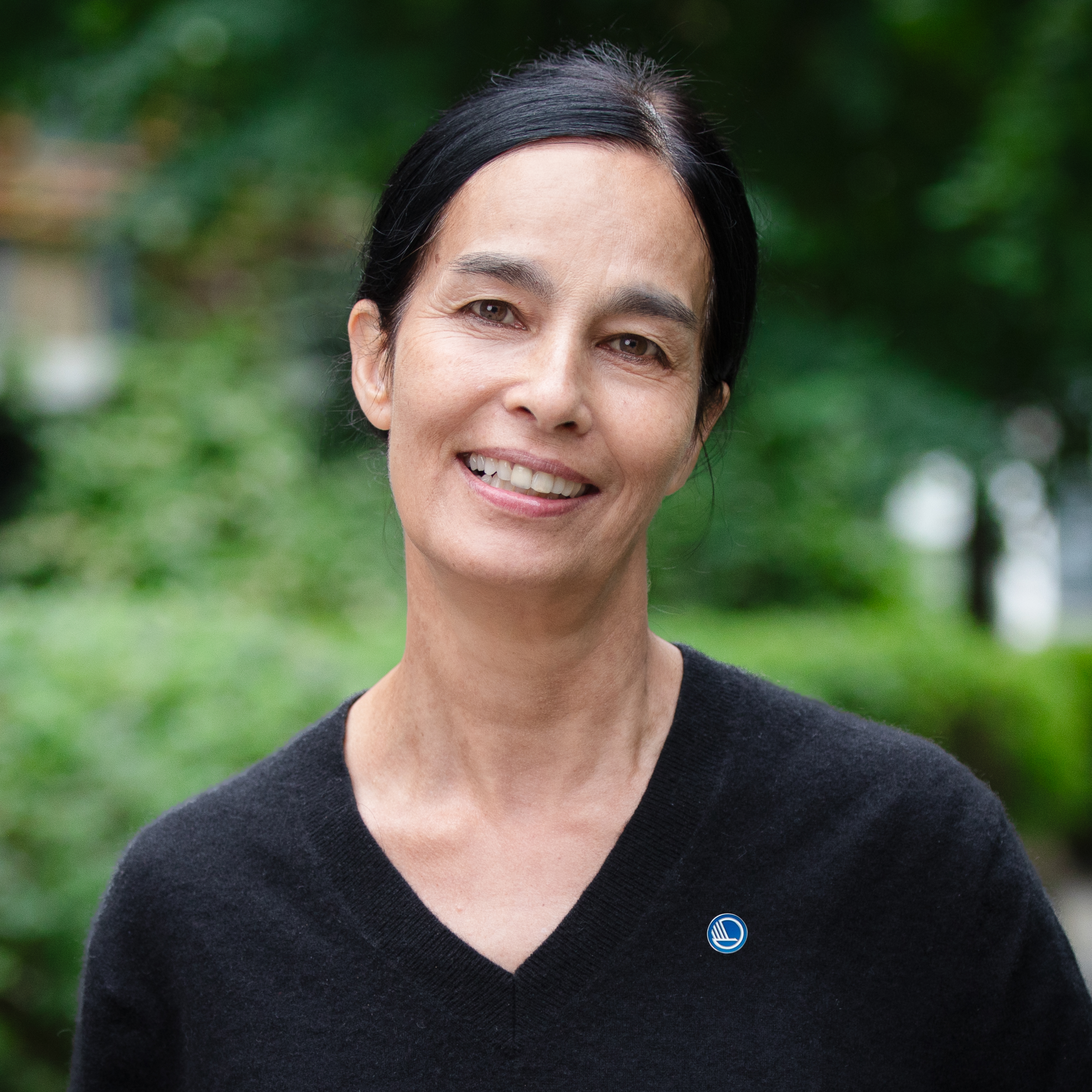
Call webinar for the Nordic Energy Research Mobility Programme
On 2 February, Nordic Energy Research held a webinar for applicants interested in the three open calls under the Nordic Energy Research Mobility Programme. First, the webinar gave an overview and…
On 2 February, Nordic Energy Research held a webinar for applicants interested in the three open calls under the Nordic Energy Research Mobility Programme. First, the webinar gave an overview and background of the programme, then a detailed exploration of the calls:
- Call for Proposals 2024: Nordic Mobility, Exchange, and Networking
Deadline: 30 May 2024 at 13:00 (CEST) - Individual Exchange Support
Deadline: Continuous - Networking and Event Support
Deadline: Continuous
At the webinar, significant interest was shown as approximately 50 attendees took active part, posing excellent questions. This strong participation and engagement is an indication of promising prospects for the future of Nordic research mobility activities, networks, and consortia in the energy field.

The webinar was the first in a series of three. The second and third webinar will focus on, e.g., the application and evaluation process, and give further opportunities for Q&A.
Webinar 2 is on 5 March at 13:00–14:30 (CET).
Read more and register here
Webinar 3 is on 15 May at 10:00–11:30 (CEST).
Read more and register here
Below, we have compiled the Q&A from the webinar to sum up inquiries and to provide the information for stakeholders who were unable to attend. In addition, you can access the slides from the webinar here.
Q&A from Webinar 1 of the Nordic Energy Research Mobility Programme
Call for Proposals 2024: Nordic Mobility, Exchange, and Networking
Will a large number of diverse partners in a consortium be a plus?
It is only required to have two Nordic countries represented in a consortium. However, it strengthens the application to have relevant partners and observers from more Nordic countries. Additionally, we appreciate consortia with a good gender balance.
How to understand the salary mentioned in the call text?
The funding can cover salaries (in other words: Time used by employees at the Project Owner or one of the Partners) for managing, planning, and facilitating, e.g., summer schools, webinars, conferences, meetings, etc. These activities can be internal for the consortium participants or with the participation of external stakeholders.
What are included in the eligible costs?
The eligible costs include three key categories:
- Planning and administrative cost: Planning, preparatory measures, and salaries while setting up and managing a networking/mobility project, constitutes a maximum of 20% of the total funding.
- Mobility costs.
- Communication and dissemination costs.
For more detailed information see budget guideline in Call for Proposals: The Nordic Energy Research Mobility Programme 2024 – Insights (nordforsk.org)
What is the allowed overhead cost?
There is no predetermined ceiling on overhead costs for the project. Nevertheless, we strongly advise adhering to national regulations and the practices set forth by the applicant’s institution.
Is there an obligation for any self-funding?
No, there is no obligation for self-funding. However, it is a prerequisite that the PhD student, post-doctorate, or researcher receiving mobility funding has existing funding in salaries or scholarships. Thus, you could say that self-funding is expected in terms of ordinary salaries and covering costs related to conducting research unrelated to mobility activities, e.g., procuring technical equipment for laboratory experiments.
If necessary, renting a laboratory or other direct cost related to the mobility can be considered eligible as it comprises renting a location for performing the mobility activity.
Can an industrial partner be a Project Partner and be entitled to funding?
Yes. Applicants are encouraged to include industrial and other types of partners in their consortium where relevant.
However, Researchers and research groups must be based at Higher Education Institutions (HEIs), research performing organisations, public and private enterprises, or other organisations with a strong research focus.
Funding to partners outside this definition are limited to the equivalent of EUR 200 000 per partner per 3 fiscal year period in accordance with EU/EFTA regulations on de minimis aid.
A comprehensive explanation for costs for industry participation, as for other project partners, must be provided in the application. The evaluator will make a judgement on the appropriateness of the budget and the distribution of effort between the partners.
What are the evaluation criteria?
You find the evaluation criteria in the application portal. These comprise 1) Quality of curriculum and relevance and 2) Implementation. The application and evaluation process will be in focus for our Webinar 2, hence, we recommend you register for it. It takes place on March 5, 2024, from 13:00–14:30 (CET).
How much will the CV of project leader count?
It will be used as a part of the basis for assessing the project’s feasibility. It recommends seeing the call text for further information.
How to understand a long stay (e.g., >6 months), and what is the limit?
Researchers are only allowed for exchanges up to 3 months with funding from this call. There is not settled a limit for long term stays for PhDs, but a long stay is usually defined as 3–12 months. However, since the project period can be four years, there might be the need for stays (at least split in intervals) that exceed 12 months for a PhD in total.
Read more about the Nordic Mobility, Exchange, and Networking call
Individual Exchange Support
Can you submit an application as a group of, for example, 2–3 researchers from the same institution, or is it only allowed individually?
All applicants must apply individually. However, applicants are welcome to submit a similar application as colleagues, where they describe the link between the two or three applications.
Does the funding include the salary of the researcher at the host university or only the other expenses (such as rent and travel etc.)?
The funding does not include salary of the researcher at the host university.
It should be regarded as an additional support to the person undertaking the exchange to cover expenses such as rent, travel, and additional costs for living abroad.
Is it possible for PhDs and researchers to be hosted in the same Nordic country but at different universities?
No, the application is only eligible for funding if the exchange is performed at a host institution located in another Nordic country.
The research-oriented organisation, for instance, RISE in Sweden, is it qualified as the host for exchange?
Yes, RISE in Sweden is a qualified host institution for an exchange.
Read more about the Individual Exchange Support call
Networking and Event Support
If you are planning an event, such as a workshop or conference, would you need confirmation of the invited speakers?
No, applicants do not need to send confirmation of participation from invited speakers when they apply for support.
Who should sign the ‘Letter of Intent’?
The Letter of Intent must include signatures from both the Event manager and the Event owner.
Read more about the Networking and Event Support call
Participation from other countries than the Nordics
Can a PhD student from a country outside the Nordic region participate the Nordic Energy Research Mobility Programme 2024?
Funding for participation in the programme is only possible for PhD students or researchers who are employed at, have a stipend, or are affiliated with a research performing organisation or higher education institution located in a Nordic country.
However, it is open for PhD students from outside the Nordic region to attend activities, with expenses covered through in-kind support.
Will research visits to institutions located outside the Nordic countries be eligible for funding within the framework of this call, provided these visits will strengthen the research collaboration and the consortium.
Funding from this programme cannot be used to finance visits to countries outside the Nordic countries.
Will there be any development of new (extended) Baltic consortia and call for a Latvian-Nordic Energy research programme?
Nordic Energy Research is working for potentially extending the next call under The Joint Baltic-Nordic Energy Research Programme to have participation from Latvia and Estonia. Please stay tuned through our Newsletter and social media accounts.
Does the programme allow the applicant to gather experts from non-Nordic countries and are travel expenses for these experts covered?
It is permissible to bring together relevant experts from outside the Nordic region, but funding from this programme may not cover the travel and accommodation costs for experts from countries outside the Nordic region.
Providing an honorarium/fee to speakers with funding from this programme is allowed – also to speakers outside the Nordic region. The size of the honorarium/fee must be justified.
Other FAQ
What is the difference between the calls a) Individual Exchange Support, b) Networking and Event Support and c) Call for proposal 2024: Nordic Mobility, Exchange, and Networking? Which of these has a deadline?
The Individual Exchange Support and Networking and Event Support contribute financially to short-term mobility activities, e.g., a 6 months exchange for PhD student or a one week summer school. Importantly, these activities do not require affiliation with a funded research consortia project under Nordic Energy Research. There is no deadline for submission for these two calls. However, the call will close when the available budget is distributed following a first-come, first-served principle. At the turn of the year, the calls will be open again with a new budget for the new year.
The Call for Proposals 2024: Nordic Mobility, Exchange, and Networking supports long-term consortia partnerships and Nordic mobility and networking activities (up to four years). Submission deadline for this call is 30 May, 13:00 (CEST).
See examples of ongoing research consortia projects from a previous programme, The Nordic or Nordic-Baltic PhD Researcher Mobility Programme, here.
Where and when will the annual gathering take place?
The annual gathering in 2024 will occur on 2–3 October. The location is yet to be decided but it will take place in one of the Nordic countries.
What is the definition of a researcher? Does it also apply to postdoctoral researchers as well as faculty members (Assistant, Associate and Full professors)?
The definition of a researcher includes postdocs, as well as Assistant Professors, Associate Professors and Full Professors.
Are researchers affiliated with non-profit research institutes eligible for funding?
Yes, a researcher from a non-profit research institute is an eligible partner or applicant to the calls.
In Danish universities, it is the university that covers the accommodation and transportation for PhD exchange. These above expenses are not covered by this funding, right?
Yes, these expenses can be covered by funding from the calls under this programme.
What is the difference between the Project owner and the Project manager?
The Project manager (the Coordinator) is the individual responsible for the professional progress, implementation, and completion of the project on behalf of the Project owner, as per Nordic Energy Research’s standard terms and conditions.
The Project owner is the institution responsible for ensuring that the project is completed in accordance with the contract, as per Nordic Energy Research’s standard terms and conditions.

